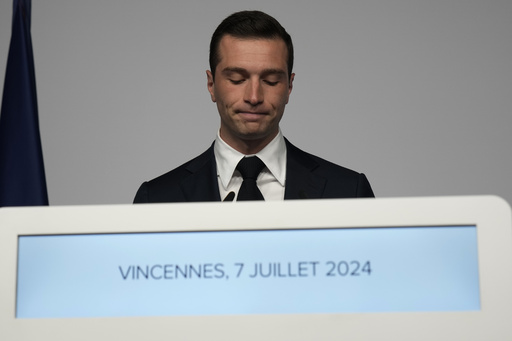European leaders have responded to the French legislative election outcome with a mix of relief and concern. While the far-right National Rally did not emerge as the strongest party, the prospect of a hung parliament and political gridlock is causing unease across the continent.
German Chancellor Olaf Scholz expressed relief that the far-right did not top the polls, averting a major challenge of working with a right-wing populist party. Scholz emphasized the importance of a stable government forming in France for the Franco-German friendship and the success of the European Union.
Polish Prime Minister Donald Tusk also reacted, posting on social media with enthusiasm about the election outcome, contrasting reactions in various European capitals. The leftist coalition in France, aiming to counter the far right, won the most parliamentary seats, with President Macron’s centrist alliance coming in second.
While some politicians warn that the rise of nationalist parties in Europe is concerning, claiming that the center is weaker than ever, it remains to be seen which party will form the government in France. Macron, although still holding certain powers, has been weakened by the election, impacting France’s influence within the EU.
In Italy, League leader Matteo Salvini praised Marine Le Pen’s National Rally for their parliamentary success and criticized Macron’s efforts to thwart their governing majority. Salvini, known for his anti-migrant stance, shares similar views with Le Pen on various issues.
The election outcome in France has significant implications for the European political landscape, prompting adjustments in relationships and power dynamics. The need for a cohesive and effective government in France is crucial for the future of the EU and the stability of the region.


